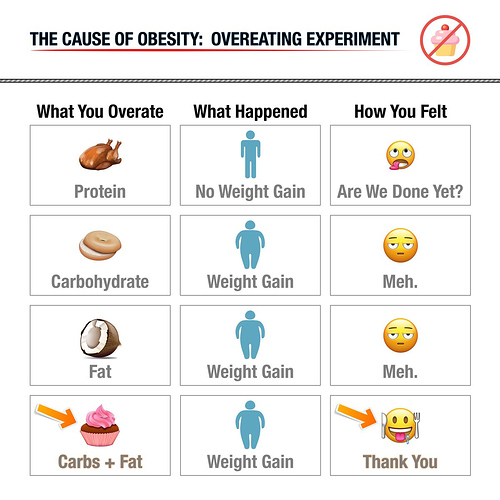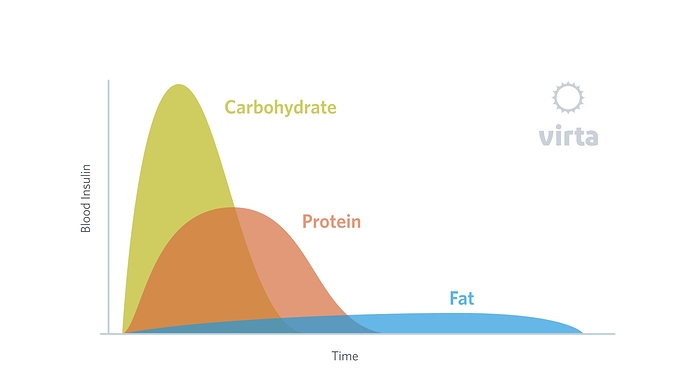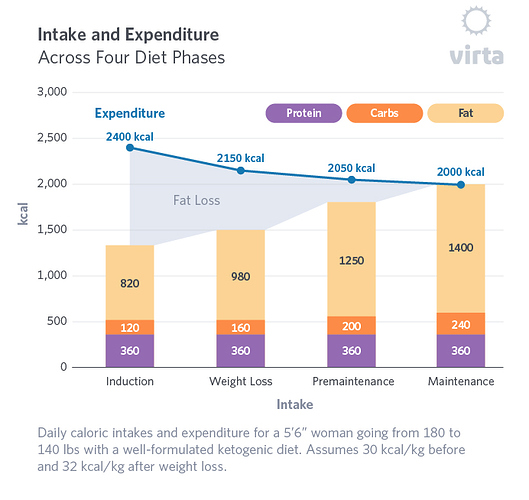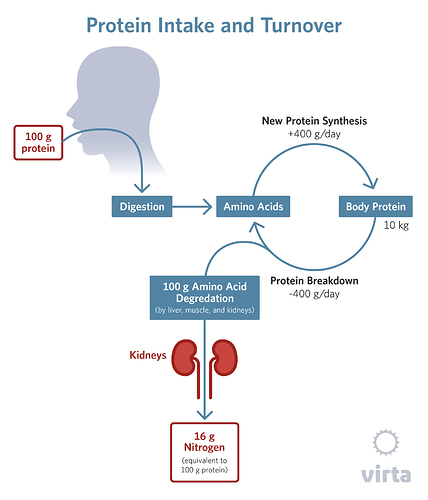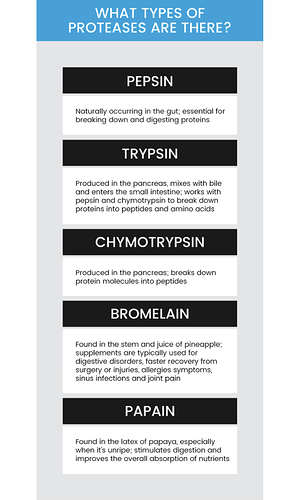So I’ve been on keto for many years but I recently switched to carnivore to see its effects on my weight loss. It’s been nearly 2 weeks and my body is struggling. I have no energy and I’m having really bad gastro issues as well. I know I’m probably not eating enough, but I was honestly afraid of having too much protein and negatively affecting my weight loss. Are there any experienced carnivores who have had successful weight loss and how much protein/calories did you eat? Right now my diet consists of ground beef, pork, steak and eggs, and I use ghee to cook those eggs. Any insight will be appreciated!
Experienced Carnivores I need your help!
I’m not experienced as I’m only 3.5 weeks into carnivore, but I noticed I feel better and feel lighter this week in particular since I stopped OMAD and started eating 2x/day
As far as the scale goes, I only lost about 1 lb/week on carnivore after a slowdown on regular keto. I won’t know the true effect on my weight after doing 2meals/day this week till I weigh myself tomorrow though
To answer the question “How much protein is too much”, if you are still hungry, it’s not enough. As for too much protein negatively impacting your weight loss goals, Ted Naiman has done a personal experiment and determined that:
Here Ted talks about the science:
And here’s Ben Bikman’s view on the subject:
So, the food industry knows this, and simply creates foods with cheap carbs and cheap fats (usually processed veg oils). We like the feeling that food gives us, it doesn’t make us satiated, and we want to eat more. So they keep making more money.
What a great recipe (pun intended) for metabolic and health disaster. This is where the majority are at. 
What type of issues?
Possibly your stomach acid is weak and not digesting the meat well. Are you taking antacids?
I suggest eveyone do their own personal experiment to figure out the fat:protein ratio best for them. Ted may or not be on the same side of the bell curve as you or I.
Too much protein on carnivore completely messes me up. I feel hungover and exhausted and only want to lie in bed, my skin suffers, my joints hurt more, and my hot flashes go from zero on keto to completely crazy. Finally it causes uncontrolled next day hunger and cravings.
I find the KetoAF protocol is what works for me. This is how @amber O’Hearn and Micaela Peterson do Carnivore as well, I believe. It’s 2:1 fat: protein in grams.
I have been mostly carnivore for almost 9 months.
First, are you measuring ketones and glucose? Although not required when you eat carnivore, I find these are the instruments that tell us how you are responding.
Second, I started eating my bacon raw, because I realize I throw too much of the fat away. Let that sink in. I buy a dry bacon, thinly sliced and eat it like ham. To get more fat.
Third, you need to eat more for more energy. In fact, this is your challenge. You must eat like it’s your job. I don’t know why Women tend (tend) to have this problem. They stop eating sooner.
Fourth, add liver or liverwurst. And take some B vitamins. We know nothing about your genetics and vitamin situation. If you are getting enough electrolytes. Do you have MTHFR Gene Mutation (needing methylated B vitamins)?
Are you going through Carnivore Flu (yes, this is a thing, especially if you are detoxing). You are NOT feeding your Microbiome and it is dying off (don’t worry, it rebuilds itself).
So, it’s the same drill. Push electrolytes, drink water, and eat more times a day to get your minimum calories high enough, or you wont have any energy.
But without knowing your ketone levels and glucose levels, who knows. Maybe you are hypoglycemic and not in ketosis. That would explain it. How is your Blood Pressure? (If it is low, have a cup of coffee, fatten it up with a BPC).
Personally, the more I focused on meats (especially bacon), the fast I lost weight, the better I felt. But YMMV… I did go through days of detox, and weeks of stomach adjustments. I still do from time to time with any major change in my diet. Just a little fiber will ruin me for days!
I definitely have that problem. Carnivore has really curtailed my appetite. Since making the switch, I frequently have only two meals in a day (intermittent fasting was much more challenging on keto) and I just can’t eat a huge amount of meat at one sitting.
I definitely agree. My own experiments seem to show that I need LOTS of fat. The only time I briefly broke through my stall I was eating an extremely high portion of my calories as beef fat while experimenting with untrimmed brisket. I bought ten pounds of trim fat from the butcher a few days ago. I’m going to be eating about 75% fat by volume. Yes volume, not calories. I’ve been eating carnivore and in ketosis for the last six months with very few hiccups, but my belt hasn’t budged with the exception of that one short stretch where I really cranked up the fat.
@Anjeunbener I have nothing to add to the sage advice above but wanted to leave a drive by compliment, you are supermodel gorgeous! 
(I’m a 55 y/o lady so no creep factor)
It depends on where you are in your weight loss journey… if you’re 100lbs overweight, it’s different than the last 10lbs.
Looking at your diet, I’d say you’re missing fish… then liver or liver-based products.
One of many questions of eating only meat and eating lots of it or too much of it at once, is that are you even fully digesting all of it?
After eating a protein only diet leeches (alkaline-phosphatase) all the calcium out of your cartilage joint junctions, internal organs, blood vessels and arteries (which is a good thing e.g. arteriosclerosis) but after that it starts leeching calcium from your bones also which is bound to phosphorus?
A good portion of a life-time of not enough vitamin K (high in grass fed organ meats or fermented cheeses) and deficiencies in vitamin D from not enough sunlight in the diet and not eating enough fat to absorb vitamin K (keeps calcium bound to phosphorus) or a high sugar diet blocking vitamin K?
I am unsure if eating ONLY protein long-term is such a good idea. I need more long-term research to be personally convinced (at the moment I’m very suspicious about it creating breaks in chromosomes long-term)? My idea about being carnivore is about switching out sources of protein like eggs, organ meats and glandulars, lots of fish caviar (roe), fish guts and skin, crustaceans like, shrimp, crab and lobster, shell fish like oysters and clams, seaweed, raw bee honey, bone broth etc. you can’t just subsist on muscle meats e.g. steak etc…
…And then you have the insulin thing going on but not as bad as carbs with eating too much protein if your concerned about that?
“…Calories from FAT should make up the majority of your dietary intake in order to feel adequately satisfied. …” …Dr. Phinney
…Then you have the nitrogen balance thing going on?
“…6.25 g protein = 1 g nitrogen. Thus 100 grams dietary protein produces 16 grams of nitrogen excretion when one is in ‘protein (aka nitrogen) balance.’ …” …Phinney, Volek & Volk
Richard Morris - 'Protein? How much’
I'm a Registered Dietitian and I Really Don't Want You to Eat a Carnivore Diet
One trick that works well. Bigger bites. It works. If I shove whole pieces of bacon in my mouth, I can eat the entire 3lb batch. If I break them into 1/3 - 1/4 size pieces and eat each one, I get satiated faster. I think women tend to take smaller bites.
Second, eat the protein heavy pieces first, then the fat heavy pieces. It’s backwards, but protein is less satiating than fat. It should NOT trigger fullness as fast as eating fat first. Yeah, it could throw off your macros, but not bad enough to worry about. It’s less bad than not eating enough. You want your metabolism high. Meat Sweats=GOOD! LOL…
Also, PLATE the correct amount of food for you. And clean your plate! If you plan to eat only 1/2 of your plate, you could stop sooner. You have a JOB to do. To get ENOUGH nourishment. Keep your metabolism high.
Good Luck!
@atomicspacebunny I have been so curious about this lately, so you posted some interesting thoughts that I need clarification about because I’m not as smart as you  so…in regards to absorption/digestion of protein and “nitrogen balance,” say you eat a pound of ribeye as your OMAD (I’m using a very simplified example to keep things, well, simple…haha). How would eating that steak all at once affect its absorption vs eating half earlier in the day and the other half, say, 8 hours later?
so…in regards to absorption/digestion of protein and “nitrogen balance,” say you eat a pound of ribeye as your OMAD (I’m using a very simplified example to keep things, well, simple…haha). How would eating that steak all at once affect its absorption vs eating half earlier in the day and the other half, say, 8 hours later?
I presented that as a question because I like questioning myself…lol
My thoughts and interest on this are the transit time of food more specifically amount of meat from the angle of carnivore from proximal to distal breakdown and amount of meat eaten at once and the next time frame until eaten again?
Logically a smaller portion of protein is going to be digested much more efficiently and optimally compared to unlimited satiation and portion size are my thoughts on this?
Footnotes:
[2] Protease: The Enzyme that Makes Protein & Amino Acids Tick: “…For people with digestive diseases, age-related enzyme insufficiency, too little stomach acid (called hypochlorhydria), liver disease and nutrient deficiencies, taking a digestive enzyme supplement may be helpful. …” …More
[3] How Are Fats Digested and Can You Speed Up the Process? The amount of time that fat takes to digest varies from person to person and between men and women. In the 1980s, Mayo Clinic researchers found that the average transit time from eating to elimination of stool was approximately 40 hours. Total transit time averaged at 33 hours in men and 47 hours in women.
[4] Better understanding of constipation as a risk factor: The study shows that transit time is a key factor in the activity of the intestinal bacteria and this emphasizes the importance of preventing constipation, which may have an impact on health. This is highly relevant in Denmark where up to as much as 20% of the population suffers from constipation from time to time. The National Food Institute’s findings can help researchers better understand diseases where constipation is considered a risk factor, such as colorectal cancer and Parkinson’s disease as well as afflictions where constipation often occurs such as ADHD and autism. …More
[5] Influencing food’s transit time: Tine Rask Licht emphasizes that people’s dietary habits can influence transit time: ”You can help food pass through the colon by eating a diet rich in fibre and drinking plenty of water. It may also be worth trying to limit the intake of for example meat, which slows down the transit time and provides the gut bacteria with lots of protein to digest. Physical activity can also reduce the time it takes for food to travel through the colon.” …More
Just FTR, I’ve tried this protocol, and I like to spread awareness about it, but I don’t usually do 2:1 (which works out to about 80% fat by calorie). Most of my carnivore life I would estimate has been more like 70%. However, I will say I have been leaning more that way lately, and I think it’s underappreciated.

